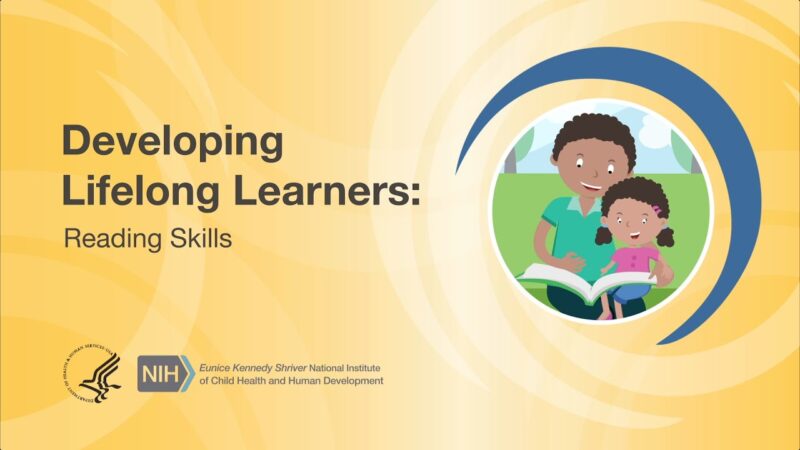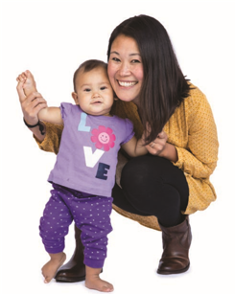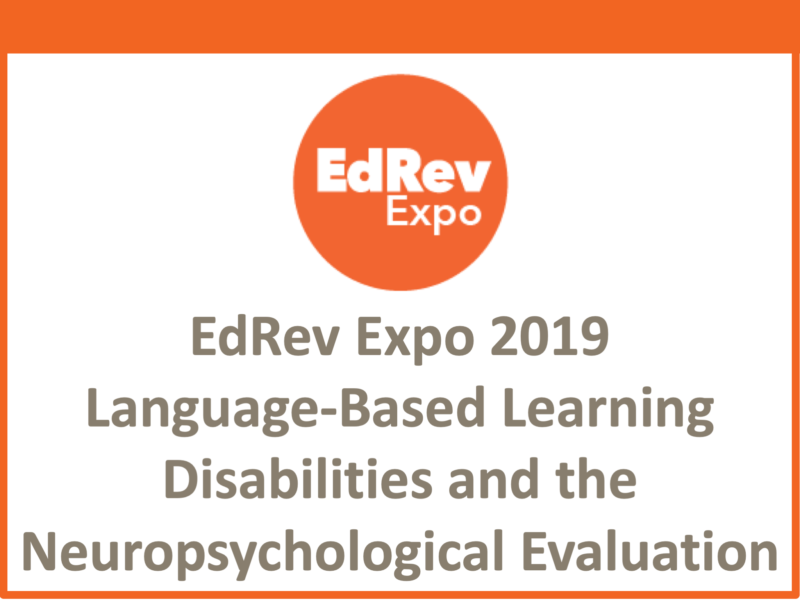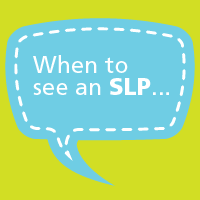
Children’s Literacy Program: Storyline Online [web resource]
Reading aloud to children has been shown to improve reading, writing and communication skills, logical thinking and concentration, and general academic aptitude, as well as inspire a lifelong love of reading. Storyline Online®, a children’s literacy website produced by the Read more >>










